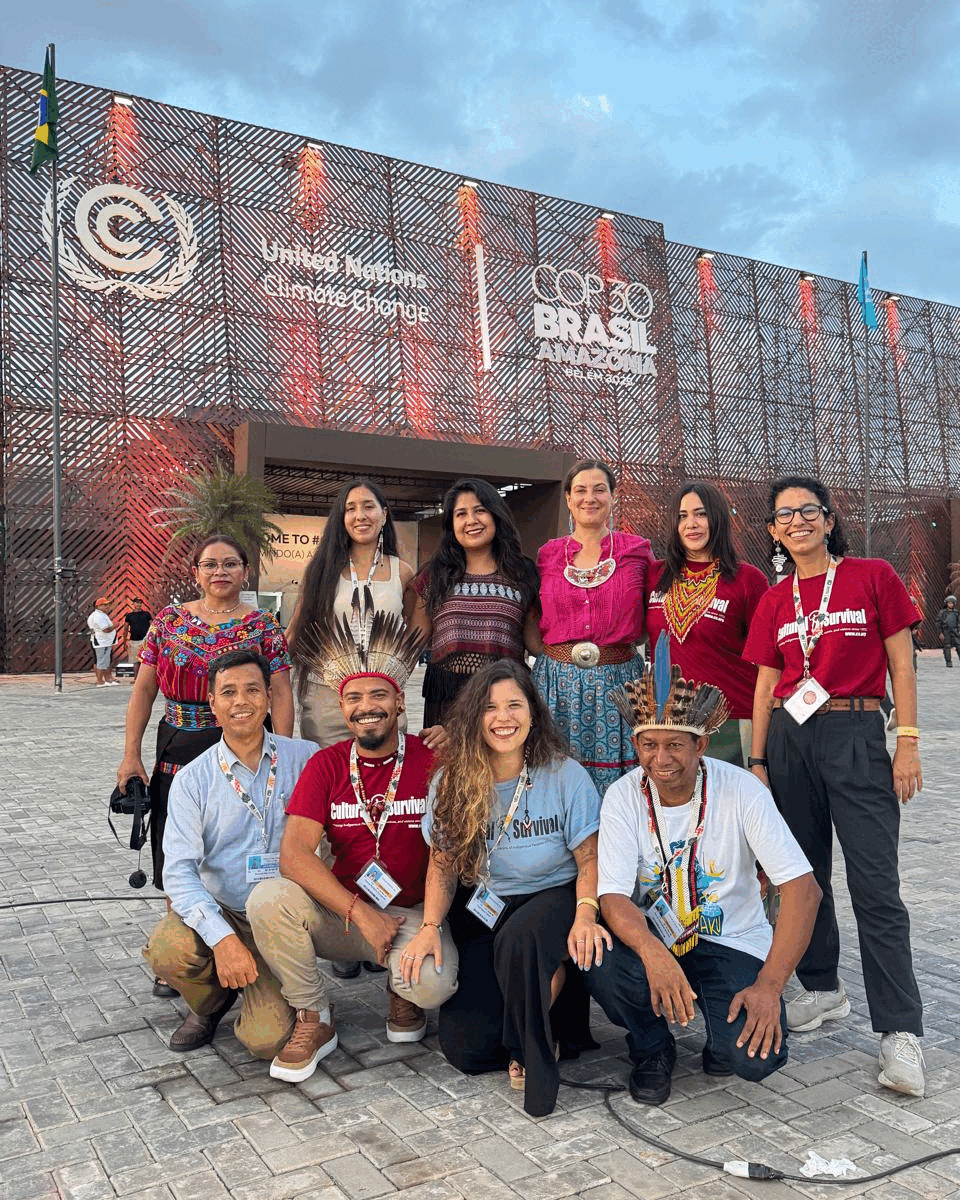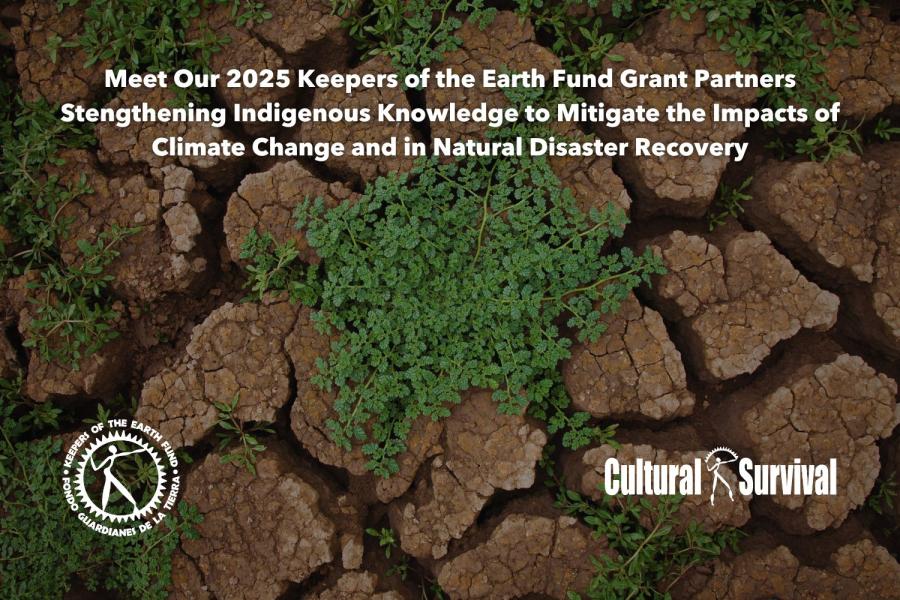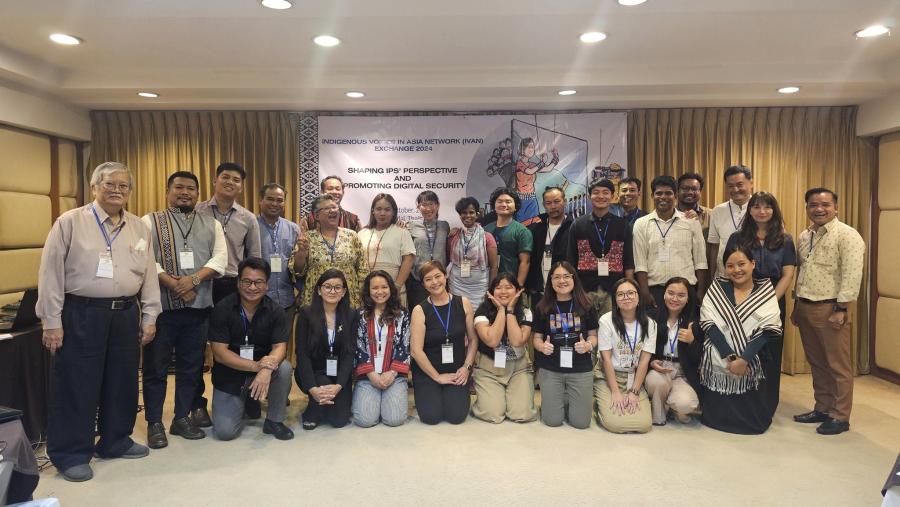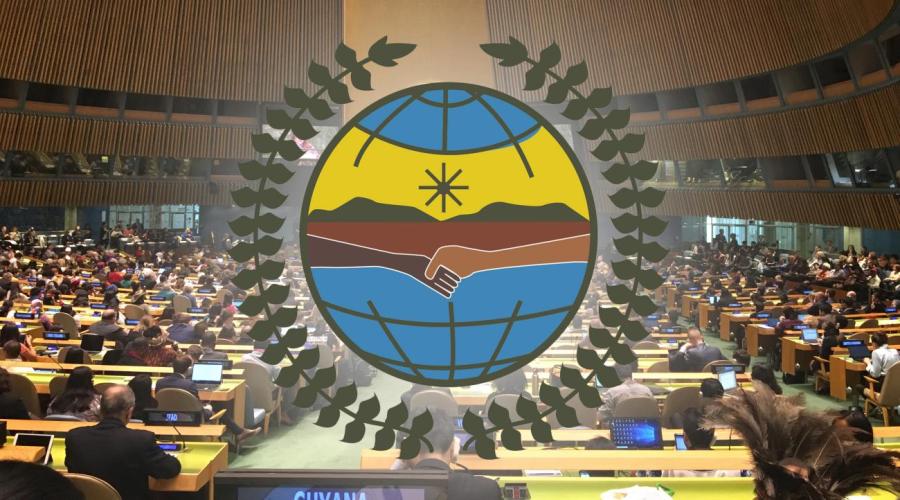
First Week of Negotiations at COP30 Ends in Disappointment
From November 10 to November 21, 2025, the Conference of the Parties to the United Nations Framework Convention on Climate Change (UNFCCC COP30) is happening in Belém, in Brazil’s lower Amazon region. In addition to the heavy bureaucracy that has slowed down the entire process and delayed the adoption of necessary measures, the COP30 itself has caused widespread outrage among the stewards of these lands—the Indigenous Peoples of the Amazon, who see zero results despite the significant number of participants. As in prior years, the negotiations are dominated by large delegations, staffed not only by ministers, their assistants, and negotiators, but also by representatives of businesses and carbon companies directly interested in a certain outcome of the negotiations. A stark fact is that 1 in every 25 participants at the COP30 is associated with the oil and gas sectors, and these lobbyists outnumber all of the delegations except the one from Brazil.
As promised by the Brazilian government, this COP on climate was supposed to be the "COP of truth,” with broad and widespread participation by Indigenous Peoples. Unfortunately, this has not happened yet. According to Earth.org, approximately 2,500 representatives of Indigenous Peoples from Brazil were expected to participate this year—a record number in the history of the UN climate process. However, despite all the government's assurances, only 14% (360 Indigenous Brazilians) received accreditation to visit the “Blue Zone” — a space secured for official negotiations and work on documents — the only place where Indigenous Peoples can effectively promote their rights and interests in future recommendations adopted by the Parties. Read more. En Español.

In Solidarity: Indigenous Peoples' Demonstrations and the Struggle for Participation at COP30
Cultural Survival calls on the COP Presidency to center Indigenous Peoples in climate decision-making as authentic rights-holders. We call on Brazil to immediately stop financing extraction on Indigenous lands without Free, Prior and Informed Consent and to honor territorial demarcations. Read more. En Español.
Can Brazil Lead Climate Action While Ignoring Its Own Indigenous Peoples? “The Price of Green” Exposes Hypocrisy at COP30
A joint report by A'uwẽ-Xavante, Jequitinhonha Valley Indigenous and Quilombola communities, and Cultural Survival poses a fundamental challenge to Brazil's climate credibility: Can a country claim climate leadership while systematically financing projects that violate its own Indigenous Peoples' rights? En Español. Em português.
International Indigenous Peoples Forum on Climate Change Statements
Indigenous Voices from COP30
 How Climate Change Impacts Sami People - Nils Per Olof Nutti
How Climate Change Impacts Sami People - Nils Per Olof Nutti
 Indigenous Knowledge Must Not Be Misinterpreted - Mary Lyons
Indigenous Knowledge Must Not Be Misinterpreted - Mary Lyons
 The Impact of Climate Change in Asia - Rukka Sombolinggi
The Impact of Climate Change in Asia - Rukka Sombolinggi
 Indigenous Practices Must Be Incuded - Johnson Cerda
Indigenous Practices Must Be Incuded - Johnson Cerda
 A Word From The UNPFII Chair, Aluki Kotierk
A Word From The UNPFII Chair, Aluki Kotierk
 The Rights of the Indigenous Peoples of Ukraine Matter Too - Liudmyla Korotkykh
The Rights of the Indigenous Peoples of Ukraine Matter Too - Liudmyla Korotkykh
 Respect For Indigenous Peoples Rights -Edna Kaptoyo
Respect For Indigenous Peoples Rights -Edna Kaptoyo
 Governments Must Honor Their Commitments - Joan Carling
Governments Must Honor Their Commitments - Joan Carling
 Dr. Albert K. Barume - UN Special Rapporteur on the Rights of Indigenous Peoples
Dr. Albert K. Barume - UN Special Rapporteur on the Rights of Indigenous Peoples
 Securing Indigenous Peoples Rights in the Green Economy -Bryan Bixcul
Securing Indigenous Peoples Rights in the Green Economy -Bryan Bixcul
 Watch more at vimeo.com/culturalsurvival
Watch more at vimeo.com/culturalsurvival Watch more at vimeo.com/culturalsurvival
Watch more at vimeo.com/culturalsurvival Watch more at vimeo.com/culturalsurvival
Watch more at vimeo.com/culturalsurvival
Recordings of Side Events

Cultural Survival participated in the Reparations Hub event organized by La Ruta del Clima, Oxfam, Heinrich Böll Foundation, and Cultural Survival, a powerful gathering that launched the Coalition for Loss and Damage Reparations. Cultural Survival contributed with a ceremonial artistic presentation by Djalma Ramalho (Aranã Caboclo), who, through their art and ceremony, powerfully conveyed the impacts of lithium mining in the Jequitinhonha Valley and the Cerrado Xavante territory. This space reinforced the urgent need to center Indigenous voices in climate reparations discussions, recognizing that the so-called "green transition" cannot continue to build sacrifice zones on our lands.
CS in the News
- Indigenous groups get the spotlight at UN climate talks, but some say visibility isn’t power- Associated Press
- Indigenous Voices Take Center Stage as Cultural Survival Pushes for Rights-Based Climate Action at COP30 - Major Waves Energy Report
- Indigenous peoples clash with security at COP30 as exclusion persists - Macao News
- Why Indigenous activists say COP30 is still failing the Amazon - Edie
- COP30 : Les peuples autochtones en première ligne face aux impacts du changement climatique - France Info





